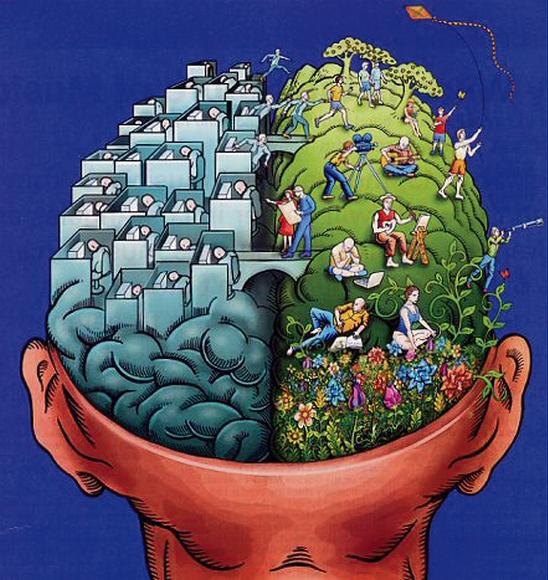COLUMN: Get saved by faith-based initiatives
September 30, 2004
Faith-based initiatives have often been constrained by the First Amendment to prevent a state religion from being formed. In America, the land where we continually look for ways to stop discrimination and promote equality, the First Amendment reigns king in determining what is (and is not) discrimination.
Here’s a quick refresher on the First Amendment, if you didn’t take notes in government class: “Congress shall make no law respecting an establishment of religion, or prohibiting the free exercise thereof; or abridging the freedom of speech, or of the press, or the right of the people peaceably to assemble, and to petition the Government for a redress of grievances.”
The Pilgrims and Puritans who escaped religious persecution in England by coming to America made a point to make sure the new state they formed would in no way force religion upon them. It seems, however, that we have taken these concerns too far and now are seeking to eliminate religion from society all together.
The Office of Faith Based and Community Initiatives is seeking to ensure that faith has its rightful place in society.
The Declaration of Education for the Philadelphia School District has created an innovative new way for the community to be involved in the classroom. One of the district’s goals for 2008 is to have each of the 276 schools embraced by a religious organization, such as a temple, church, mosque or synagogue.
The district’s CEO, Paul Vallas, has spent several Sundays recruiting places of worship to sponsor the district schools. In a district of 210,000 students, where only 22 percent of its schools meet federal No Child Left Behind standards, the time has come for creative learning. In order for students to perform in an academic environment, it is essential for them to be able to maintain solid footing in the world around them. Schools need help from their local communities to continue to be able to meet their students’ needs.
As relativism increasingly shapes the moral code of our country, children lack an absolute, black-and-white standard by which to live. Who wouldn’t be confused in a society so full of relativism when we are told contradictory beliefs are correct?
The executive order issued in September 2003 removed the barriers religious organizations faced in its attempts to help Americans. It allowed them to “compete on an equal footing for Federal funding within constitutional guidelines, without impairing the religious character of such organizations and without diminishing the religious freedom of beneficiaries,” according to the Office of Faith Based and Community Initiatives.
Now hang with me, the program is not going to allow schools to teach that the world was created in 4004 B.C. or that Satan put dinosaur bones on earth to trick us humans. The initiatives office does not allow funds to be used for “inherently religious” activities such as proselytization and religious teaching. The office will “ensure that no organization or beneficiary will be discriminated against in a federally funded social service program on the basis of religion,” as explained on the office’s Web site.
The initiatives are consistent with the ideals of non-discrimination and ensuring equality for all people that are so vital to the American democracy and do not promote what the First Amendment prohibits, which is the establishment of religion by the state.
To date, one-third of Philadelphia’s public schools have been placed with faith-based partners. The places of worship will provide a variety of services to schools, including providing manpower for friendly safety patrol in schools and acting as an intermediary in the advent of crisis.
I am excited to see how the Philadelphia program helps out this district where less than half of its students go home to their biological parents. This partnership with faith organizations is part of a growing wave to help bring guidelines and concrete values to today’s children.






